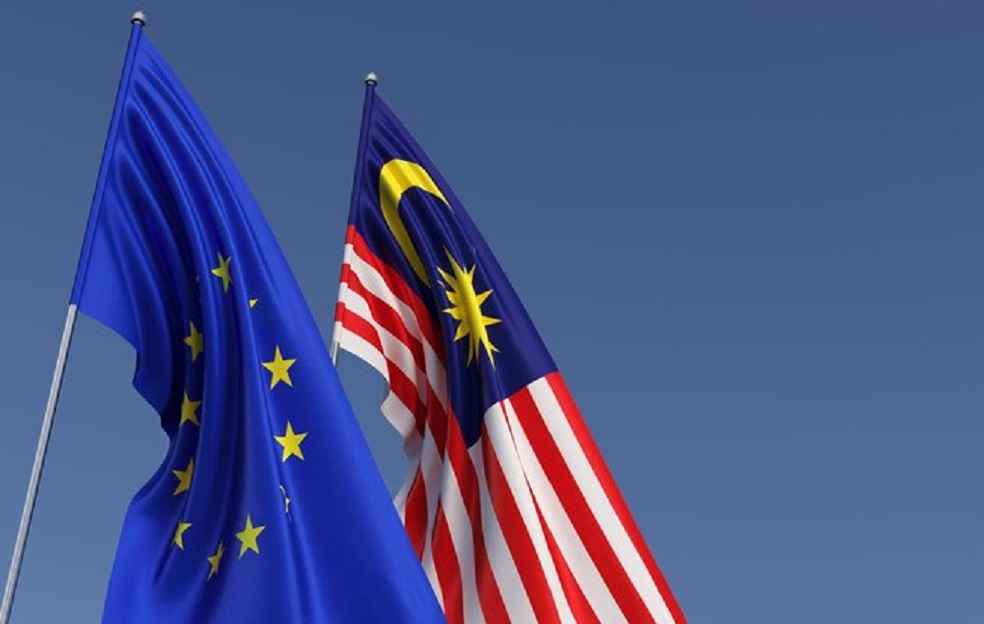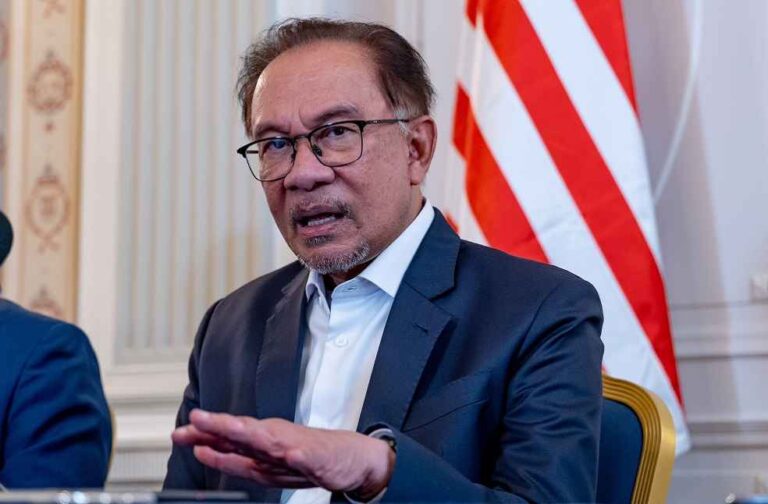Malaysian Prime Minister Anwar Ibrahim champions a renewed dialogue on a Free Trade Agreement (FTA) with the European Union (EU), spotlighting a pivotal moment for bolstering bilateral ties and enhancing regional connectivity. Addressing attendees at the esteemed 101st Ostasiatisches Liebesmahl in Hamburg, Anwar envisions Malaysia as the crucial link to Asia for Europe, promising vast market access.
Underpinning this initiative are existing frameworks such as the ASEAN FTA, the Regional Comprehensive Economic Partnership (RCEP), and the Comprehensive and Progressive Agreement for Trans-Pacific Partnership (CPTPP). These agreements set the stage for a more open market, inviting Europe to capitalize on the opportunities presented.

Discussions around the Malaysia-EU FTA, stalled since 2012, have seen resurgence with a comprehensive scoping exercise to align the perspectives of Putrajaya and the EU. Anwar’s advocacy signifies Malaysia’s readiness to engage, innovate, and form impactful partnerships, reflecting the nation’s broader vision to ascend as a leading Asian economy. This vision is further encapsulated in the New Industrial Master Plan 2030, targeting advanced manufacturing and significant investments, alongside an ambitious energy transition roadmap aimed at net-zero emissions by 2050.
During his visit to Germany, Malaysia’s top trading partner in the EU, Anwar engaged in productive dialogues with German Vice-Chancellor Robert Habeck and Chancellor Olaf Scholz, accentuating the mutual interest in economic strengthening. Trade figures between Malaysia and Germany illustrate a positive trend, with a 5.9% increase to $13.90 billion (RM63.45 billion) in 2023.

Anwar underscored Malaysia’s non-aligned geopolitical stance as advantageous for facilitating commerce across Eastern and Western frontiers, establishing fruitful partnerships with nations like China, Japan, South Korea, India, and Australia. This strategy positions Malaysia strategically against global economic volatilities, enabling its rise as a top semiconductor exporter and a vital energy supplier.
Proposing natural gas as a bridge fuel, Anwar offers Malaysia’s support for Germany’s energy transition, reflecting on Malaysia’s significant energy exports to regions such as the new Indonesian capital Nusantara and Singapore through undersea cables. This gesture highlights Malaysia’s commitment to playing a central role in regional and global energy dynamics.
BUSINESS GENERAL | India’s Rail Turnaround: From Importing to Exporting Forged Wheels Globally



